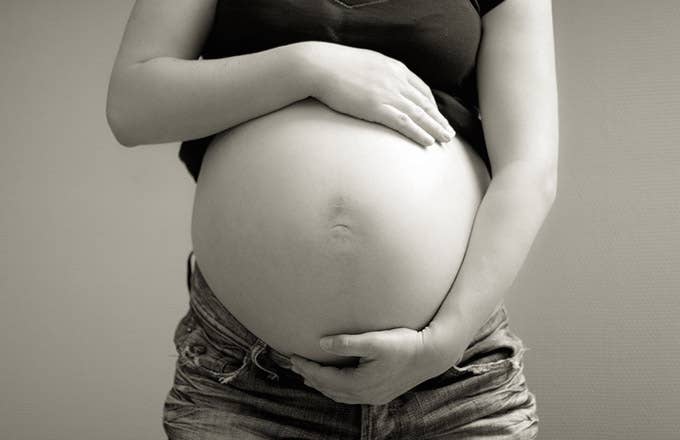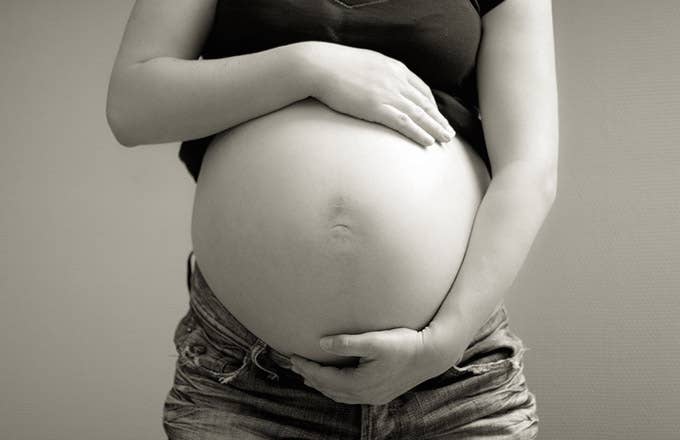
The Oklahoma Supreme Court threw an abortion law that restricts women's access to termination procedures out the window on Tuesday. The court ruled that law S.B. 1848 created a "burden" and was a violation of women's protected rights.
The original legislation, which was signed by Oklahoma Gov. Mary Fallin in 2014, required a doctor to have pre-authorization from an accredited hospital within 30 miles from where the abortion was being performed. The doctor would also have to make sure the hospital where they received accreditation would also allow them to bring their patient there for treatment in case of an emergency. The court ultimately found that the law violated both the U.S. and Oklahoma Constitutions, according to ABC.
"Under the guise of the protection of women's health, [the law] creates an undue burden on a woman's access to abortion, violating protected rights under our federal Constitution," Oklahoma Justice Joseph Watt wrote in a statement. Additionally, the court ruled that the legislation was "misleading." "The sections in SB 1848 are so unrelated and misleading that a legislator voting on this matter could have been left with an unpalatable all-or-nothing choice," according to the ruling.
The New York-based Center for Reproductive Rights, which had publicly challenged the law in the past, came forward shortly after the ruling to voice its support for the decision. "Today's decision is a victory for Oklahoma women and another rebuke to politicians pushing underhanded laws that attack a woman's constitutionally guaranteed right to safe, legal abortion," Nancy Northup, CEO of the Center for Reproductive Rights, said in a statement. Original legislator Mary Fallin, on the other hand, wasn't too pleased with the turn of events. "I’m disappointed to see another pro-life law stuck down by the court," Fallin said in a statement to BuzzFeed News. "Like many bills passed in Oklahoma, this bill was designed to protect the health and welfare of the mother along with the life of the unborn, which always should be among our society’s priorities."
The Supreme Court's ruling on Oklahoma's S.B. 1848, comes the same day that the Oklahoma Board of Health approved a new requirement which requests all hospitals, nursing homes, restaurants, and public schools post signs inside public restrooms that inform pregnant women of "pro-life alternatives" to abortion. The anti-choice signage is supposed to be a tactic that helps reduce the rate of abortions in the state and achieve an "abortion-free society."

